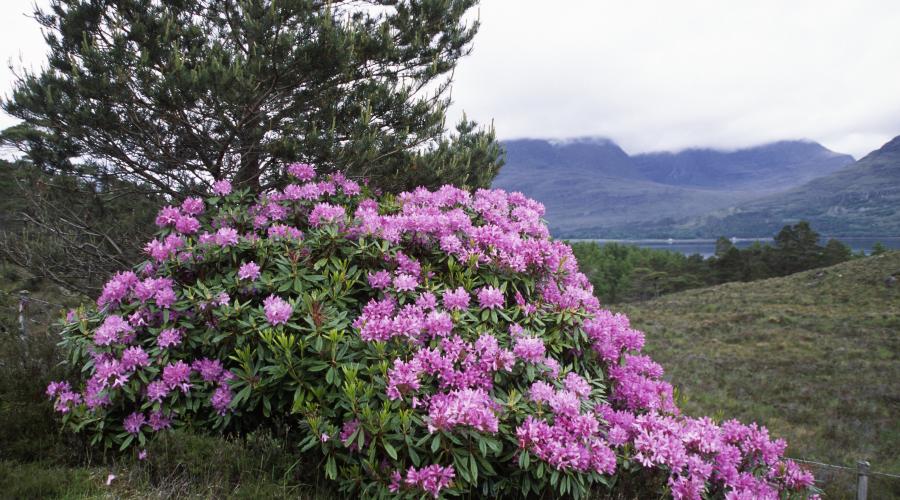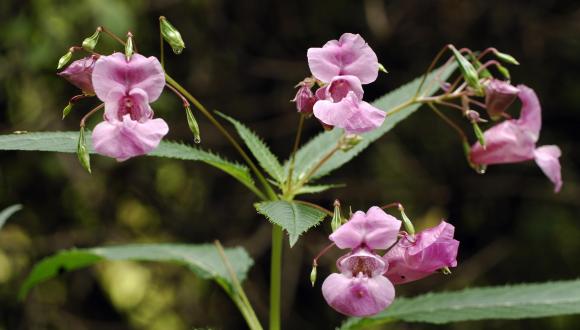
How to help tackle invasive non-native species
Everyone can play a part in stopping the spread of invasive non-native species. Find out what you can do.
Non-native species damage our native wildlife and cause problems that affect all of us. And they cost the Scottish economy around £246 million a year.
Anglers, canoe, kayak and boat owners
Invasive species can affect fish and other wildlife, foul hulls and propellers, and be costly to manage. You can help to stop their spread – just follow three simple steps every time you leave the water.
Always remember to Check, Clean, Dry.
Gardeners and plant retailers
Invasive aquatic plants can damage ponds, waterways and the environment. Know what you grow and don’t dump aquatic plants in the wild.
Find out how to Be Plant Wise.
You can also download guidance on gardening without harmful non-natives.
Farmers, foresters and estate managers
Invasive non-native species cost Scottish agriculture and forestry more than £246 million a year to control and manage.
You could help to reduce this figure if you:
- learn to identify and report invasive non-native species – to help halt their spread
- discover how to manage problem invasive species on your land – it could save you time and money in the long run
- don’t plant and don’t release – and seek further advice from us before you act - contact your local NatureScot area office.
- avoid committing an offence – before you plant in the wild or release an animal from your control, check that it’s within its native range
Contractors and Field Workers
Learn about and follow best practice for biosecurity in the field.
Volunteering
Volunteering is a great way to get outdoors, get active and do something for the environment.
To tackle invasive species, you could:
- take part in a survey – it’s vital to identify and report invasive non-native species to stop their spread
- join a project near you – search the database of invasive non-native species projects in GB
- get involved with a local action group
Find out more
News item - Invasive species the biggest pressure on nature sites




